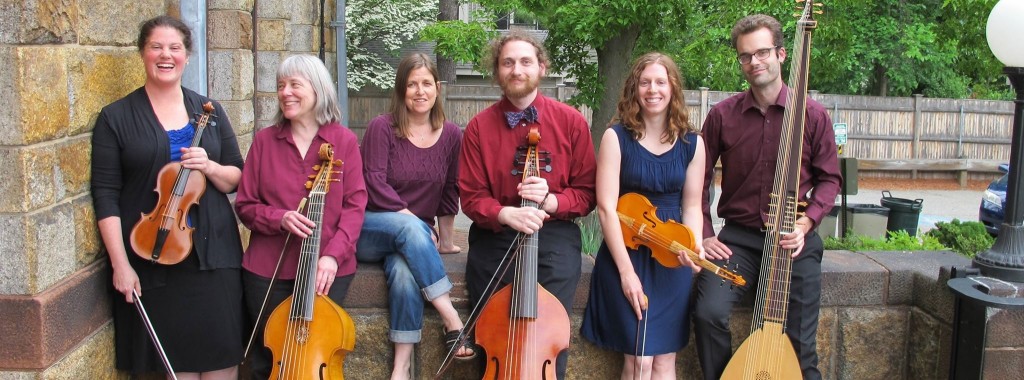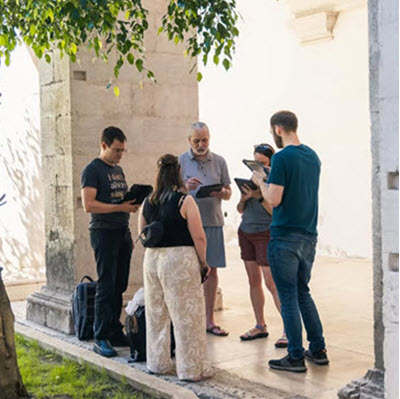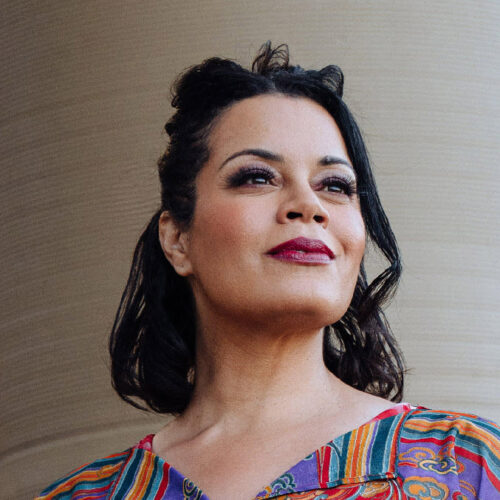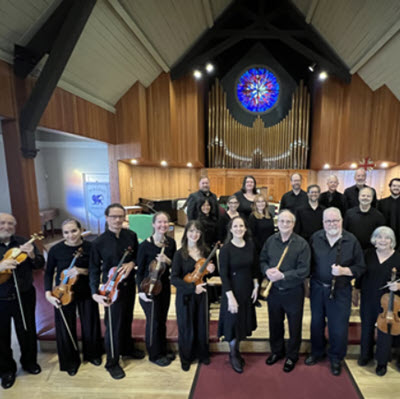by
Published September 6, 2016
EMA’s monthly featured member profile.

Chelsey Belt has performed on early violin and medieval strings throughout the Midwest and Northeast. A student of The King’s Noyse‘s David Douglass, Chelsey specializes in 16th- and early 17th-century violin technique, influenced by further coaching with Dongmyung Ahn and Oliver Webber. She completed her masters in musicology at Boston University and is currently pursuing her PhD at Indiana University’s Jacobs School of Music. Recent appearances include a house concert of Monteverdi’s Combattimento di Tancredi e Clorinda, SoHIP Boston 2016, a live radio performance of German alchemical songs at MIT, and Francesca Caccini’s La Liberazione di Ruggiero in Triora, Italy.
Chelsey co-founded Andromeda with soprano Katherine Boardman, debuting at Boston Early Music Festival (BEMF) Fringe 2015 as an ensemble to explore early 17th-century repertoire influenced by the concept of music of the spheres and to collaborate with the sciences in interdisciplinary presentations, performing at Boston University’s 2016 “Art of Astrophysics” gallery show.
What is your first memorable experience of early music?
My first memorable experience of early music was playing for a “madrigal dinner” during my junior year of high school. Trumpet was my main instrument at the time, and there were traditionally brass quartet fanfares before the singing, but that particular year the choir director, who knew I played violin (not obvious since our district had no string program), asked me to double voice parts in some of the madrigals. That was my first experience playing Renaissance polyphony, and I absolutely loved it. I had always been envious of the madrigal singers for getting to sing “better” repertoire than we usually did in choir, but I had no concept for what that might be. After that performance, I typed “madrigal” into the iTunes search field and realized that the sound world that had piqued my interest was so much bigger than I had ever imagined. I still didn’t actually learn that baroque violin technique was a thing until the summer after my freshman year of undergrad.
What do you envision for your future in early music?
I became interested in early music performance by way of academia, so research and performance have always been complementary pursuits for me. I am beginning my PhD in musicology at Indiana University this semester, and the potential for collaboration with the excellent Historical Performance Institute was a major factor in my decision to attend. In the future, I hope to maintain this balance between performance and research, whether that be in an academic position where I could teach history and performance practice jointly, consulting for publishers and/or digital humanities collections on early music sources, or designing new programs for my ensembles.

What advice would you give to someone just starting in early music?
Go to as many workshops and festivals as you can, and attend as many live performances as you can! The early music community is one of the most supportive and generous art music communities I have ever experienced; so many professionals have so much to share. Also, study folk music! The type of aural and improvisational techniques that make up so many folk traditions supplement early music study wonderfully and help develop your sense of musical freedom.
Unexpectedly, you are given the opportunity to perform with one of your favorite ensembles or artists. Who would that be, and what would you perform?
I’d be playing Monteverdi Vespers with the Gabrieli Consort and Players, either in Santa Barbara in Mantua or San Marco in Venice, of course!





